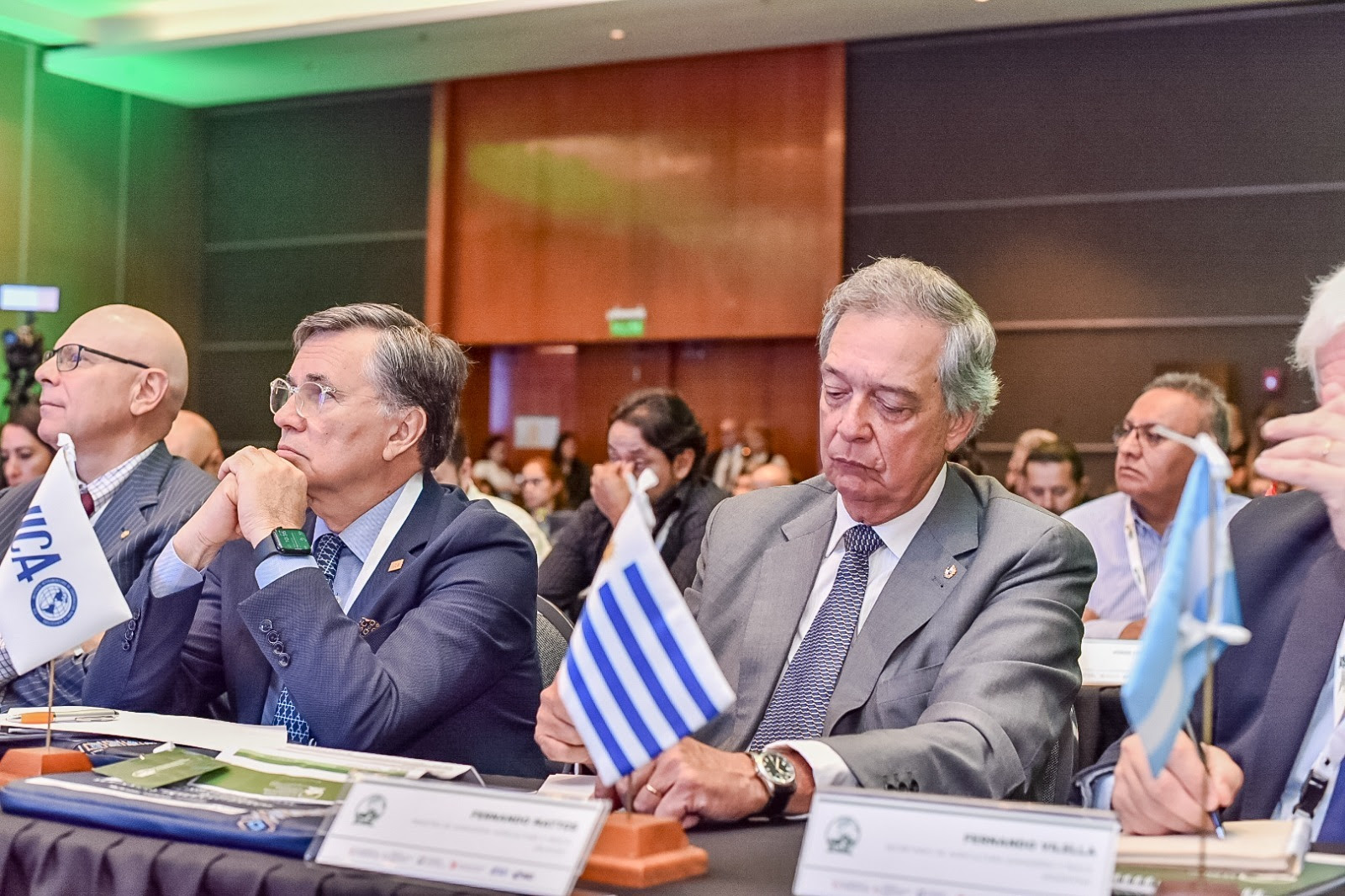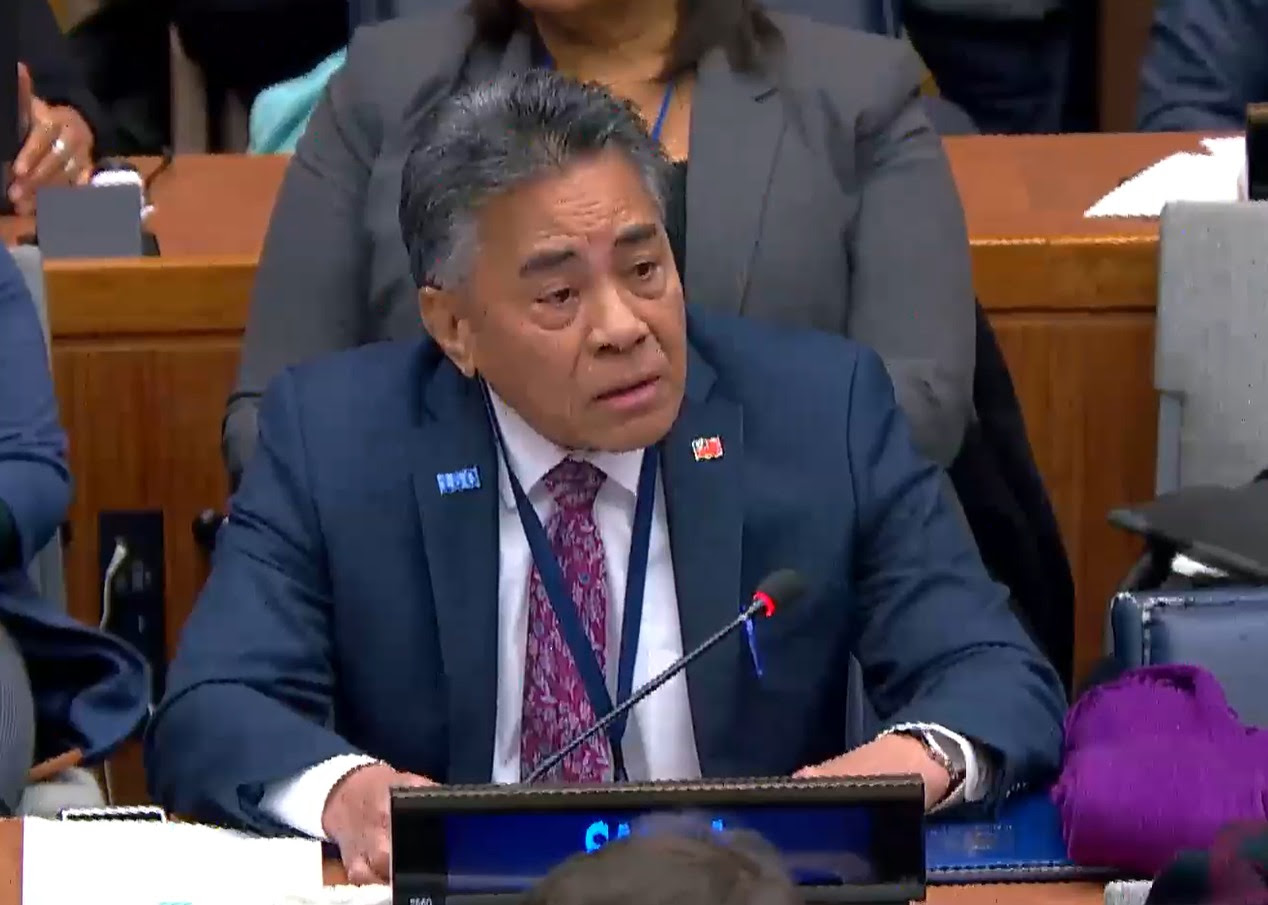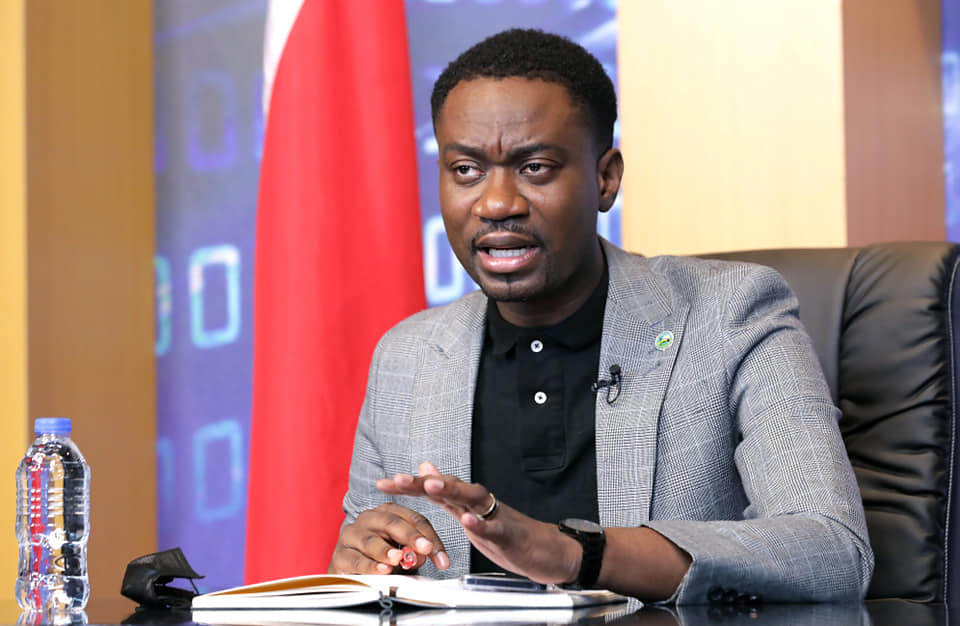Ministers and high-level authorities of the agricultural sector from countries of the Americas, heads of national health services and representatives of multilateral organizations agreed in Paraguay on the need to quickly strengthen animal health surveillance systems in the face of new threats, as a way to reinforce the region’s position as a major global producer and exporter of protein.
The international seminar “Animal health and its contribution to the transformation of food systems in the Americas” was held in Asunción, Paraguay, with the presence of the President of the country, Santiago Peña, and authorities from 23 nations, including ministers and vice-ministers of Agriculture, heads of health services and representatives of international organizations.
The high-level event, which included a fruitful exchange of information on the current challenges, trends and experiences in the fight against zoonoses that pose a threat to health, production, the environment, employment, exports and food and nutritional security, was organized by the Ministry of Agriculture and Livestock (MAG) of Paraguay, the National Animal Quality and Health Service (SENACSA) of this country, the Inter-American Institute for Cooperation on Agriculture (IICA) and the Inter-American Development Bank (IDB).
The Minister of Agriculture and Livestock of Paraguay, Carlos Giménez, underscored the importance of family farming’s contribution to animal health and the need for all farmers to actively participate in actions to strengthen health. “Public-private partnerships are important to ensure that our products continue to be in demand and so that they can access the markets. This meeting is key to promoting integration, and our work must be based on science,” he stated.
Fernando Mattos, Minister of Livestock, Agriculture and Fisheries of Uruguay and president of the Inter-American Board of Agriculture (IABA), the highest governing body of IICA representing 34 countries in the Americas, stressed “the importance of organizing these forums more frequently to strengthen health services and promote their integration, in order to eradicate animal diseases. We must showcase the work that is being done and above all aim for general integration with regulatory policies so that we can have a defense and surveillance mechanism and a faster response team.”
He added: “This region is essential for what the world needs. We must demand greater consideration and bring the voices of the Americas to national forums, so that they are given the importance they deserve.”
The forum also addressed issues such as the future challenges of the World Organisation for Animal Health (WOAH) and the impacts of diseases such as foot-and-mouth disease, African swine fever and avian influenza on the sustainability of agricultural business. The importance of alliances between public sector agencies was also discussed, recognizing the value and importance of veterinary animal health services for the countries’ objectives.
Other relevant topics discussed at the seminar included challenges, threats and trends of the new disease map.
“Agri-food systems are being transformed, and very profound changes are occurring, such as the technological revolution, the knowledge frontier, and the climate crisis. We must analyze threats and transform them into opportunities. The Americas generate 30% of the food that is exported and Latin America and the Caribbean is the most important net exporting region in the world. Together we are guarantors of the planet’s food security. We have a lot to change, but we do play a central role, and we must defend this position as key players not only in the present but also in the future,” said the Director General of IICA, Manuel Otero.
“The essence of this seminar is precisely to encourage dialogue, to find concurrent positions and strengthen our importance as a region. The global agenda requires that agriculture be seen in a systemic way from production to consumption. There cannot be a systemic vision if we do not defend the key role of rurality, where 90% of food is produced, where the quality of biodiversity is defined,” he added.
In turn, Pedro Martel, Head of the Environment, Rural Development and Disaster Risk Management Division of the Inter-American Development Bank (IDB), highlighted that 40% of Latin America’s agricultural GDP comes from livestock production. “There is a lot of talk about the agricultural side of things and not much about livestock. We must put this in economic terms, and not only referring to exports. More is said about the generation of foreign exchange than about the generation of employment. It is important to highlight the importance of rurality and the well-being of rural populations. Another pressing issue is climate change. We must reduce environmental damage. I would like to also mention the increase in livestock productivity and the importance of addressing animal health. Without animal health there will be no increase in productivity,” he pointed out.
José Carlos Martín Camperchioli, President of the National Animal Quality and Health Service of Paraguay (SENACSA), emphasized the importance of the position of the region and of his country as food suppliers, and called for the strengthening of that position with prevention in the face of new threats. “By 2050 we have an important challenge. Food production will have to increase by 60%. Paraguay has the potential to be a key player in that contribution. Today the country is producing for more than 80 million people, 15 times the Paraguayan population,” he explained.
Fernando Vilella, Secretary of Bioeconomy of Argentina, presented an overview of the future of food security, identified trends in terms of upcoming challenges for animal health and incorporated into the debate the vision of the bioeconomy as a path to adding value in the region.
“There are no borders for diseases; there is the need to present a common message and transform our reality. Agrifood systems deserve a systemic vision to better encompass the solution, the bioeconomy approach, which as we understand it, is linked to territorial development taking into account the environment and the population. We are not the problem, we are the solution. Food security needs us and we must act together, hence the need for a common message,” he pointed out.
The Vice Minister of Agricultural Extension and Training of the Dominican Republic, Darío Vargas Mena, described his country’s challenge in confronting swine fever and the implications of the dramatic situation in Haiti, and highlighted the importance of collective action to strengthen animal health in the countries.
“We are a small country and we feed many people. In my country, trade is key, and a major challenge is adapting the service structure. “It is about adapting health services, agricultural health and food health,” he indicated.
Hugo Idoyaga, President of the World Organisation for Animal Health (WOAH), explained that “addressing these issues requires global collaboration and doubling down on efforts by all governments, international organizations and scientific organizations.”




